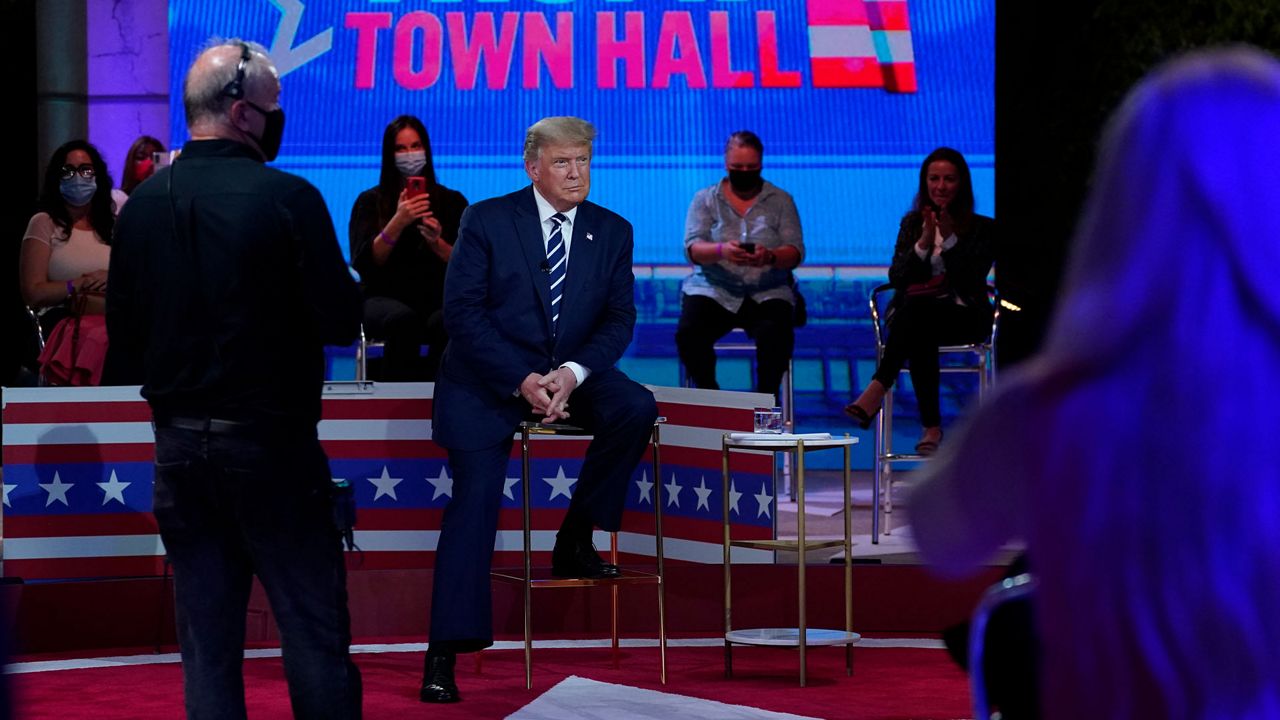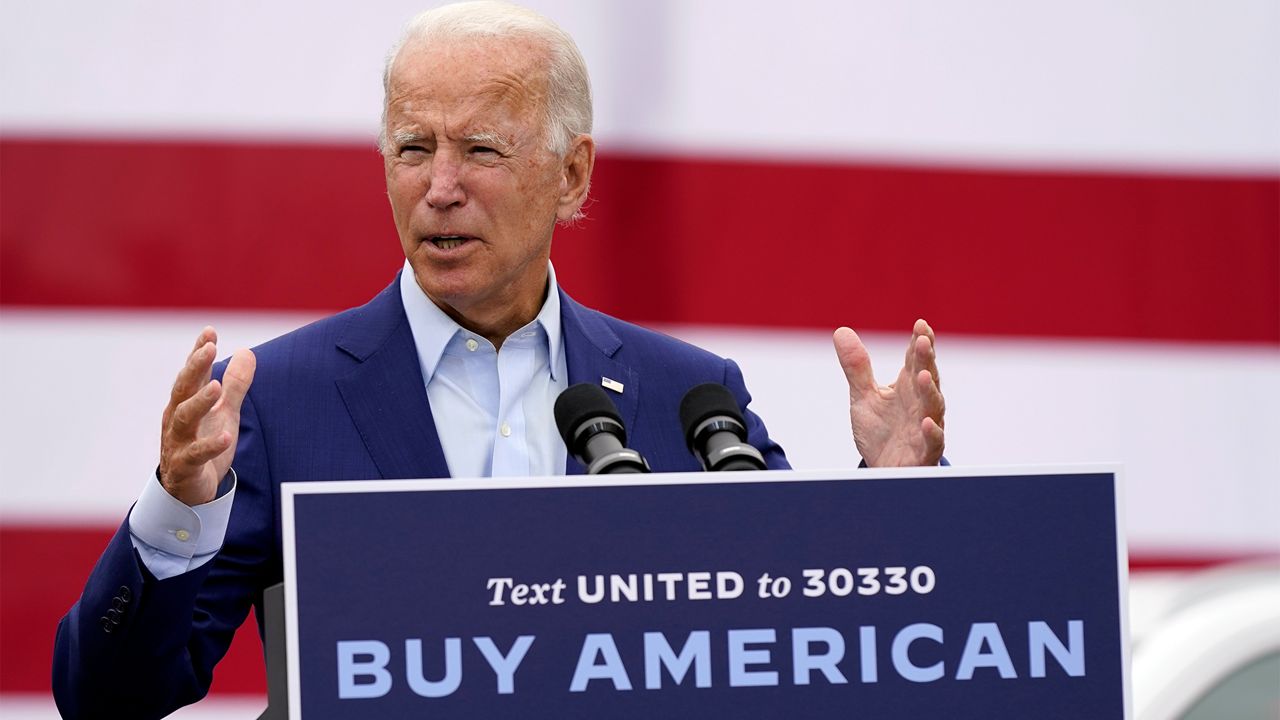With the tone relatively tame on the Vice Presidential debate stage, the issues came through louder and clearer -- and so did the candidates’ contradictions. Their goals were to defend their running mates’ records, while also laying the predicate for Presidential aspirations of their own, leaving voters to parse practically inverse perceptions of 2020’s intertwined emergencies -- from the pandemic, to race and policing, and beyond.
The simple question: Which impression of reality would voters see?
Given that just over 3 percent of the electorate is undecided per a recent CNN estimate, the debate was likely an exercise in preexisting-bias confirmation for most who watched it. And still, there is value in hearing directly from voters, who are the engine of this democracy and whose real-time interpretation of debate-stage rhetoric is revealing.
To that end, after the debate, I had a conversation with a panel of women voters from across the ideological spectrum. You can watch some key moments in the video above, but here are some key takeaways.
Ultimately, This Debate Did Not Change Ideas About This Pandemic, Nor the Trajectory of This Race
In fairness, Vice Presidential debates rarely (if ever) do. The voters who came in thinking Pence has done a great job as coronavirus task force leader, left thinking the same; the voters who came in saying Pence “got an F” for that job, gave him an F on the night, too.
Pence brought a measured tone to an unerringly Trumpist set of talking points and assertions, offering a gentler version of Trump’s rhetoric, while Harris brought a slightly snappier take on Biden’s key arguments in turn. With no one candidate delivering an objective knock-out blow, and both coming in prepared with talking points and professional demeanors, the net effect was a sort of a draw.
Both Sides Accuse the Other of “Playing the Race Card”
VP Pence and Senator Harris sparred over the existence of implicit bias in policing, with Pence saying he trusts the justice system and Harris calling for a level of reform, and our voters saw the exchange in very differing ways, depending on their party affiliation.
“Exactly as I predicted, we want to continue to prey upon the emotions of the American people by inciting the division, by saying the leader of our country is racist, when he is the one who has done more prison reform than any previous president,” offered Renita Duncan, a Black Trump supporter from West L.A. Duncan’s basic premise -- that it is Democrats who “play the race card” to emotionalize the minority electorate without offering tangible plans for empowering them -- ran in stark contrast to another of our Black voters, Dr. Mimi Nartey, who argued that, not only is implicit bias real, but antithetical to capitalism.
“I don’t think that many people understand the theoretical underpinnings of a capitalist democracy. There is no way to reconcile Adam Smith’s invisible hand with systemic bias, with racism, with xenophobia, with any sort of prejudice,” Nartey said, on a theory that categorically inhibiting subgroups of society’s ability to participate in free-market capitalism throttles full-fledged prosperity.
Our Women Agreed the Economic Recovery From This Pandemic Is Disproportionately Leaving Women Behind, But Disagreed on the Best Way Forward
The stats on this are clear: Per the most recent jobs report, women are leaving the work force at four-times the rate of men, while women are disproportionately more likely to work in the service sectors most impacted by the ongoing effects of this pandemic. This threatens the gains women have made in employment rates over the past few decades, making tonight’s conversation about the economy especially high stakes.
Coming into the evening, our Democratic voters wanted to hear more about plans and policy (though they felt sure the Biden/Harris ticket was the superior choice), while our retired Republican voters felt Trump/Pence’s strong suit was a booming stock market, and therefore, a strong 401K. And while Pence and Harris locked horns on tax plans, our voters were still litigating Trump’s economic strategy from pre-pandemic times.
“Before the pandemic hit, we had a booming economy, and everyone was benefiting from the Trump economy,” said Trump voter Rachel Gunther, a retiree who watches the stock market closely. On the other hand, voter Kerry Mellin, a small business owner, said Trump’s economic policy -- including a tariff war with China which has hurt her bottom line -- “The tariffs are very steep and have changed our structure dramatically. He says China is paying for these tariffs, but we are, as small business owners.”
And so while the disagreements were many on Wednesday night, at least our democracy felt healthy, if only for our voters' ability to share diverse viewpoints, in civil discourse.









